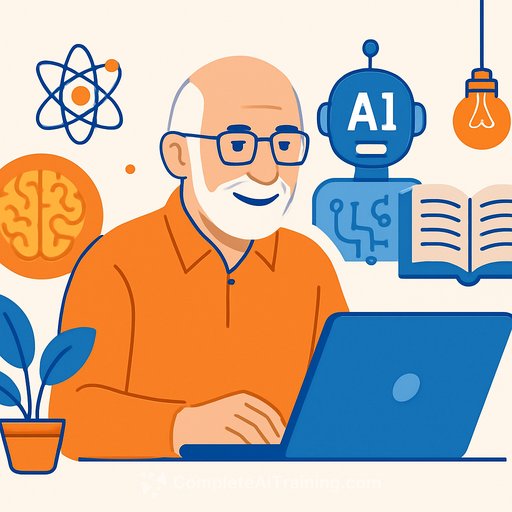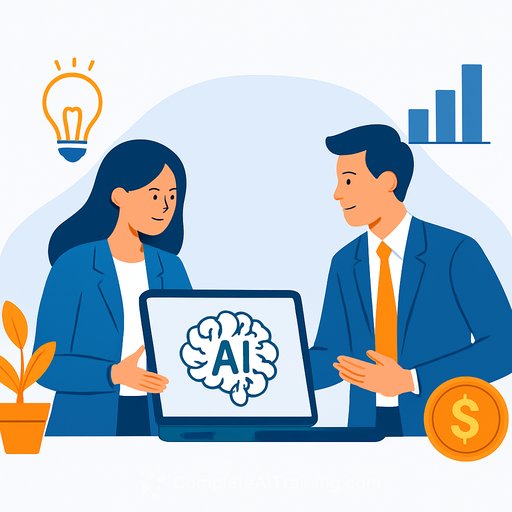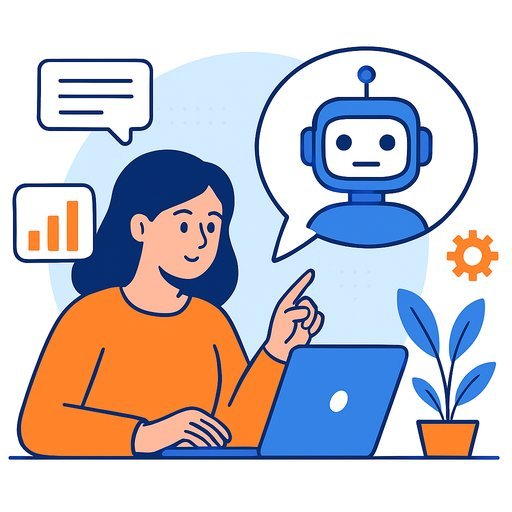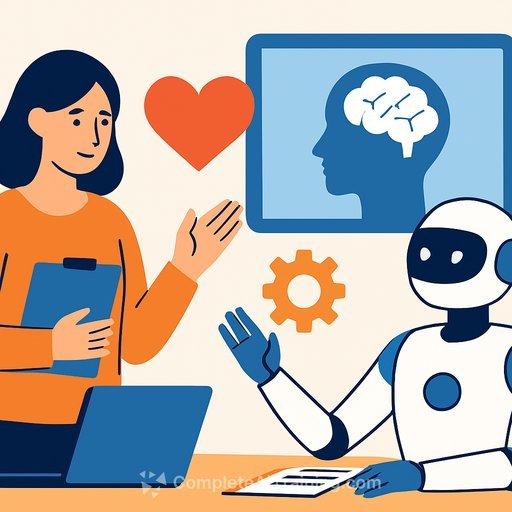Ed Lazowska Reflects on 48 Years at University of Washington and the Future of Computer Science Education
After nearly five decades at the University of Washington, Ed Lazowska has retired from his official role but remains active in education and technology. Known for his work in distributed systems and his leadership at the UW Allen School of Computer Science, Lazowska is shifting focus without fully stepping away.
He continues to teach entrepreneurship alongside Greg Gottesman of Pioneer Square Labs, chairs the advisory board at Pioneer Square Labs, and serves on the board of the Allen Institute for AI. His goal in retirement is to reduce the pressure of feeling responsible for every detail, focusing instead on larger challenges that still demand his attention.
The Changing Face of Computer Science Education
Lazowska believes traditional coding, seen as merely translating designs into executable code, is becoming less central. However, critical skills like design, teamwork, problem-solving, and understanding the impact of technology on people remain essential. These are the areas universities should emphasize.
The Allen School has long prioritized preparing students to think critically and adapt to change, recognizing that computer science evolves faster than most other fields. Education in this discipline must focus on lifelong learning, as the pace and depth of change continue to accelerate.
Encouraging Cross-Disciplinary Learning
One concern Lazowska raises is the increasing specialization among graduate students that limits exposure to related fields. He points out that breakthroughs often happen where disciplines intersect, highlighting Steve Jobs as a prime example of blending technology with the liberal arts.
Lazowska helped Reed College establish a computer science program after Jobs’ passing, noting that many students missed the importance of the liberal arts education Jobs received—like calligraphy—that influenced his innovative work.
The Role of AI and Specialization
Artificial intelligence is changing entry-level roles, pushing students to develop deeper expertise in specialized areas. Lazowska notes that resumes qualifying for entry-level jobs today would have been suitable for second-level promotions a decade ago.
Despite these challenges, Lazowska remains optimistic about students’ potential. He observes that entrepreneurship teams often start with seemingly unrealistic goals but end up delivering more than expected. He stresses the importance of education in preserving students’ ambition and confidence.
Contributions Beyond the University
Lazowska has influenced computing beyond academia through national policy advising and studies on innovation. Locally, his impact includes leadership roles in the Technology Alliance, Washington Technology Industry Association, and the UW eScience Institute, which he co-founded.
Reflecting on Seattle’s tech growth, he recalls a 1990s visit to Silicon Valley where local leaders realized that Seattle’s success was more accidental than strategic—driven by figures like Bill Boeing and Bill Gates rather than a coordinated plan. This led to the creation of the Technology Alliance, aiming to build the region’s tech ecosystem intentionally.
A Teacher at Heart
Ultimately, Lazowska identifies as a teacher. Early in his career, he considered himself primarily a researcher but grew to see education as his true mission. He takes pride in preparing students who go on to create significant change worldwide.
For educators, Lazowska’s journey underscores the importance of fostering critical thinking, interdisciplinary learning, and resilience in students. Preparing learners to navigate shifts like AI’s growing role and specialization will be key to future success.
Those interested in expanding their understanding of AI and its impact on education may find valuable resources at Complete AI Training, which offers a range of courses designed to support lifelong learning in this evolving field.
Your membership also unlocks:





